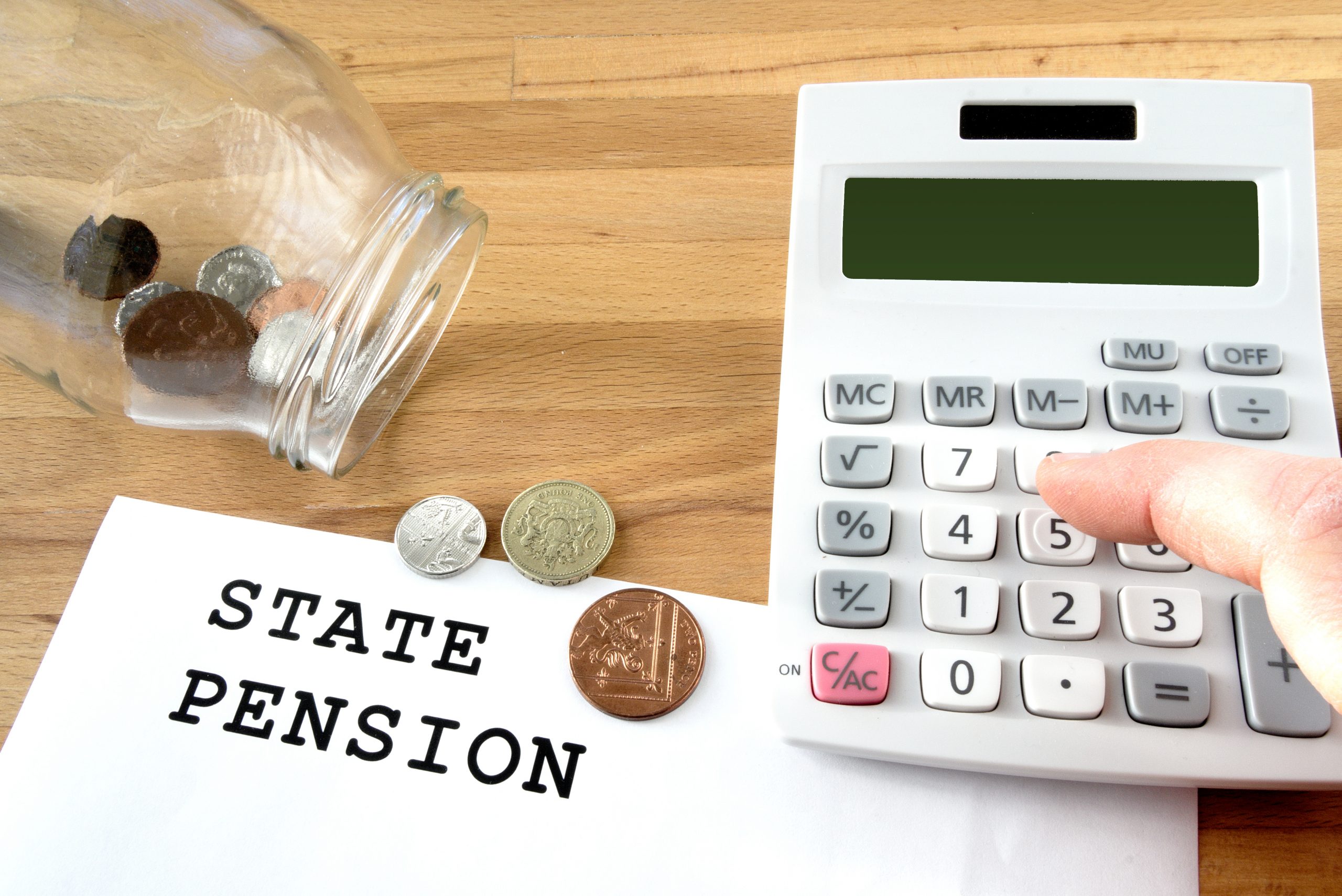News
Government confirms state pension rate for 2022 to 2023

The Department for Work and Pensions (DWP) has confirmed that the state pension will rise by 3.1% next April, in line with the Consumer Price Index (CPI).
The decision was enabled after plans to scrap the triple lock for one year received Royal Assent last week. This legislation temporarily suspended the earnings element of the triple lock for one year only, following distortions to the earnings statistics.
This means the basic state pension will increase to £141.85 per week next year and the full rate of new state pension will increase to £185.10 a week.
The government said that in taking this decision, it carefully considered the fairest approach for both pensioners and younger taxpayers, many of whom have been hardest hit by the financial impacts of the pandemic. It said it planned to return the earnings element of the triple lock next year.
All other benefits will also be increased in line with CPI of 3.1%. This includes working-age benefits, benefits to help with additional needs arising from disability, carers’ benefits, pensioner premiums in income-related benefits, statutory payments, and additional state pension.
Becky O’Connor, head of pensions and savings at Interactive Investor, said: “Many pensioners will be disappointed with this rise which doesn’t cover the rises they are experiencing in real time in the cost of heating and eating.
“They will be left worrying about how they will manage their bills over the coming year. It will be cold comfort to them that the inflation they are struggling with now will be reflected in next year’s uprating.
“The decision to scrap the triple lock for a year proved controversial, despite being justified by extremely high post-pandemic earnings figures, amid rising inflation since September. The government must maintain its commitment to reinstate the lock next year and do more to boost the uptake of pension credit among the poorest pensioners in the meantime.”